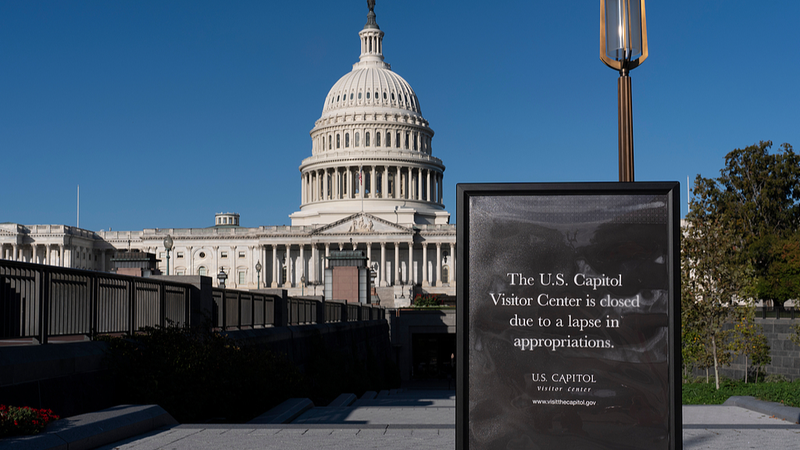A federal judge in California has blocked the Trump administration from laying off thousands of federal workers mid-shutdown, citing legal missteps and hints of partisan motives.
As the U.S. government shutdown stretches into its third week, the fallout is being felt across key sectors—from airlines and tourism to the housing market and nutrition assistance.
U.S. District Judge Susan Illston ruled that officials failed to follow proper procedures for workforce reductions and exceeded their authority. She noted public remarks from top leaders suggesting the layoffs targeted employees based on political affiliation.
Meanwhile, more than 13,000 air traffic controllers and 50,000 TSA officers are working on partial pay, with payments halted if the shutdown continues. Rising sick calls have contributed to thousands of flight delays, with Airlines for America CEO Chris Sununu warning, "Most people can survive a couple [paychecks], but after three weeks, that just puts real strain on the system."
Cultural hotspots in Washington, D.C.—museums, zoos and monuments—remain closed, disappointing travelers. On the housing front, a Redfin report shows 17% of Americans have delayed major purchases like homes and cars. Redfin Chief Economist Daryl Fairweather adds that rental prices could climb as more people stay in the rental market, noting, "Declining affordability will also be a problem."
More than 7 million low-income residents rely on the Special Supplemental Nutrition Program for Women, Infants, and Children (WIC), and dwindling funding puts food assistance at risk. Food banks report an uptick in first-time visitors seeking help.
Treasury Secretary Scott Bessent warns the shutdown is costing the economy about $15 billion per day in lost output. "The shutdown is starting to cut into the muscle of the U.S. economy," he said, urging Congress to reach an agreement soon.
Reference(s):
Judge blocks Trump's layoff plan as U.S. shutdown enters third week
cgtn.com




